
Culture
18:47, 26-Jun-2018
Couple give up their comfortable life to teach in China's northernmost school
Updated
15:04, 29-Jun-2018
CGTN
04:49
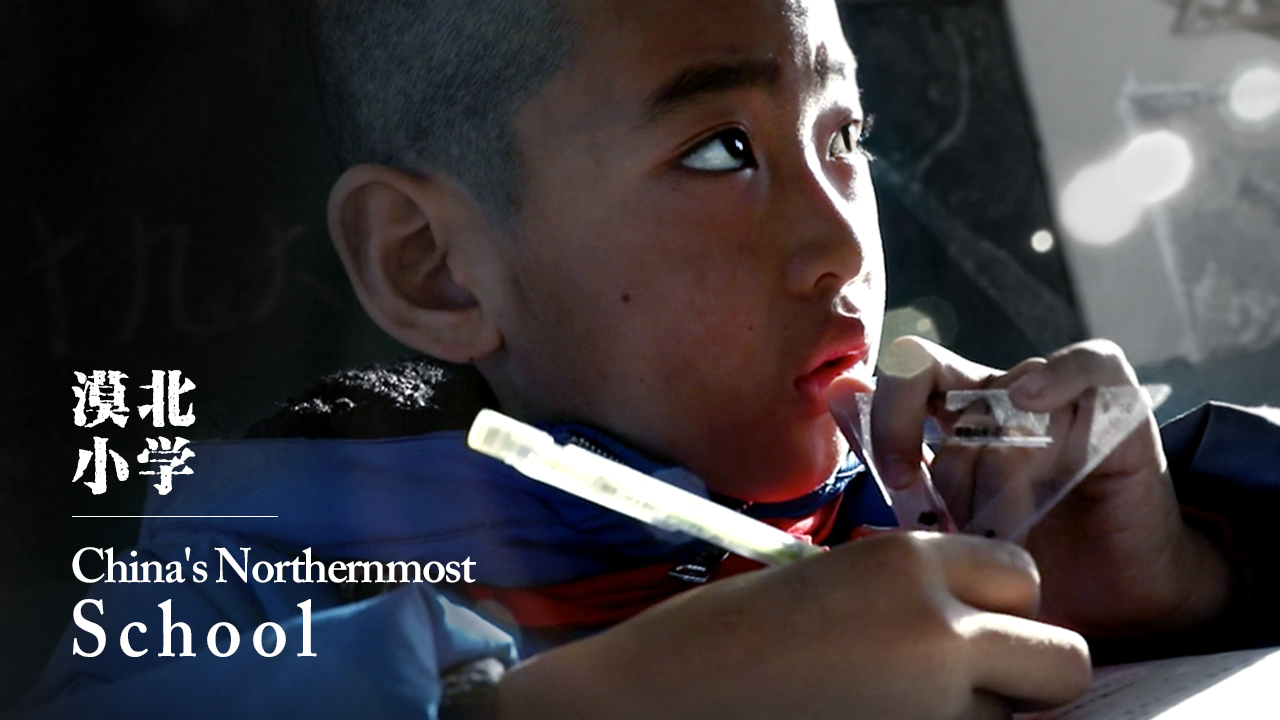

CGTN
CGTN
Located at Beiji Town, Mohe City in northeast China's Heilongjiang Province, Beihong School is the northernmost rural primary school in China. With Russia visible directly across the Heilongjiang River, this remote area is more than 130 kilometers from Mohe. Along the way are snow-covered sandstone roads, primeval forests and high mountain ranges.
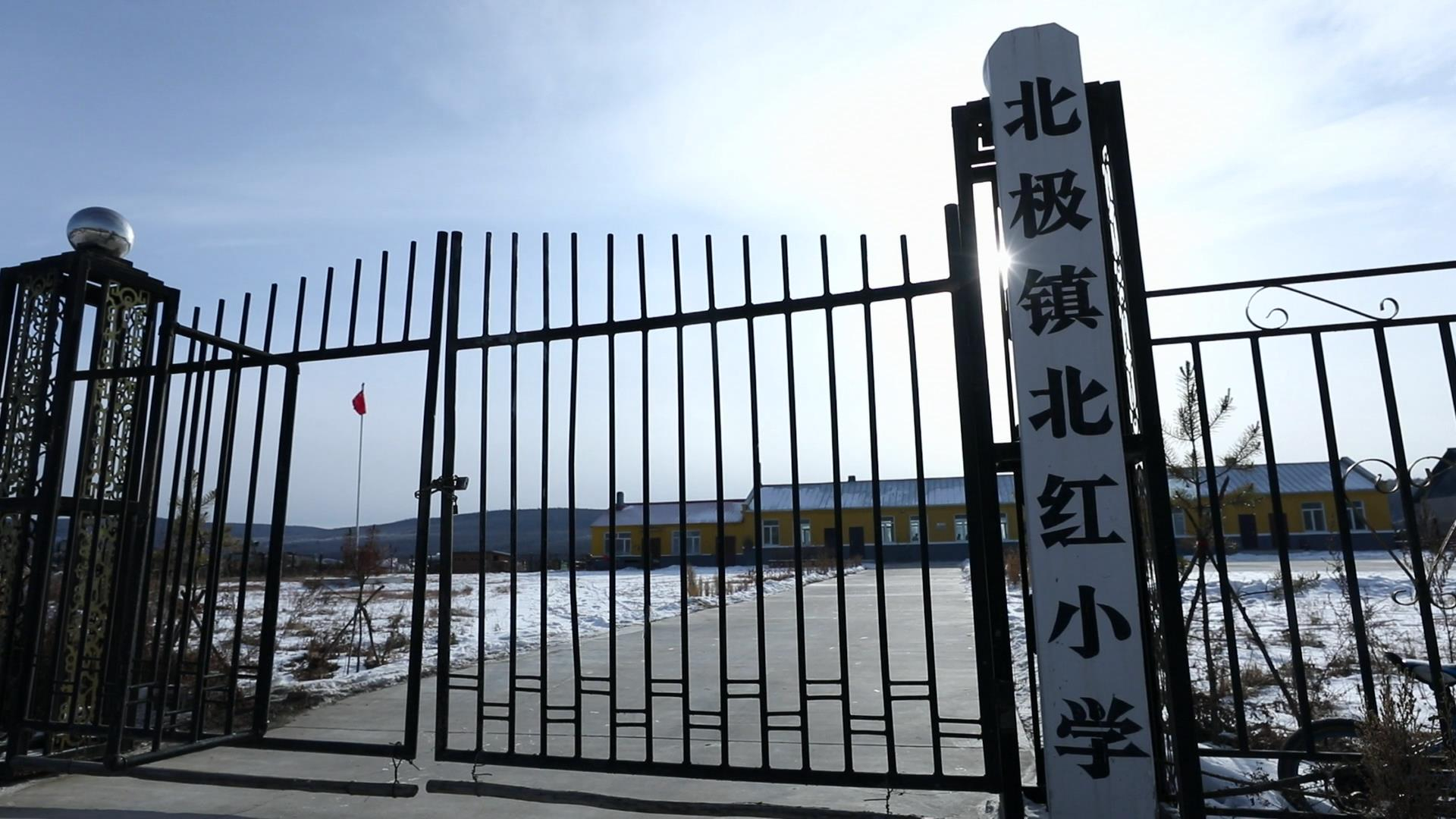
CGTN Photo
CGTN Photo

CGTN Photo
CGTN Photo
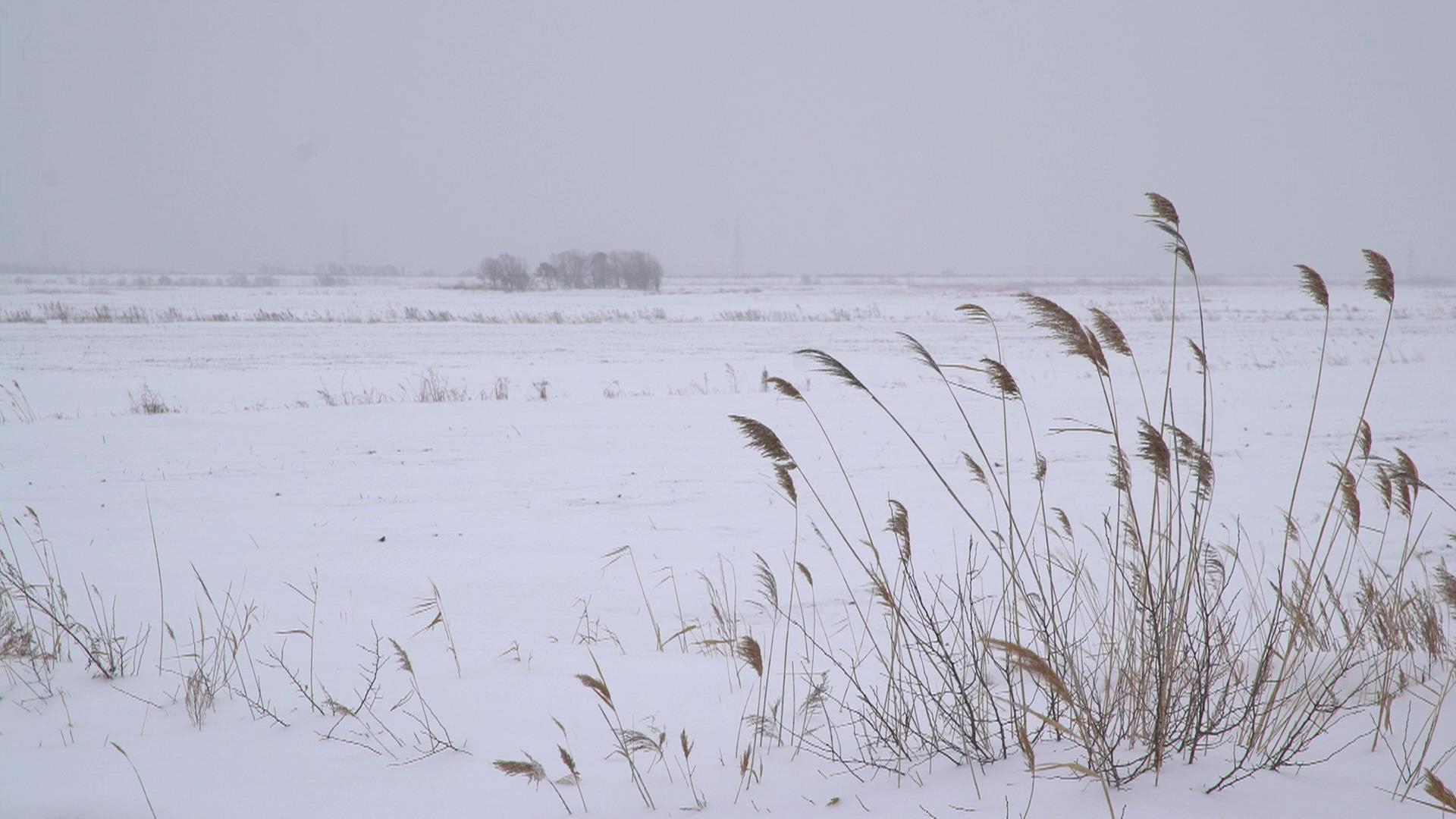
CGTN Photo
CGTN Photo
This school has only 7 pupils, and Wang Zhonglei is one of the two teachers.
After graduation from university in 2009, Wang passed the qualifying test to become a "special post" teacher in Beihong Primary School, in a national program to promote education in China's underdeveloped western region. "On the list of school to sign up for us candidates, Beihong was the only one without the word 'village' in its name. I signed up this school without hesitation as I guessed the facilities should be better," he recalled with a smile.
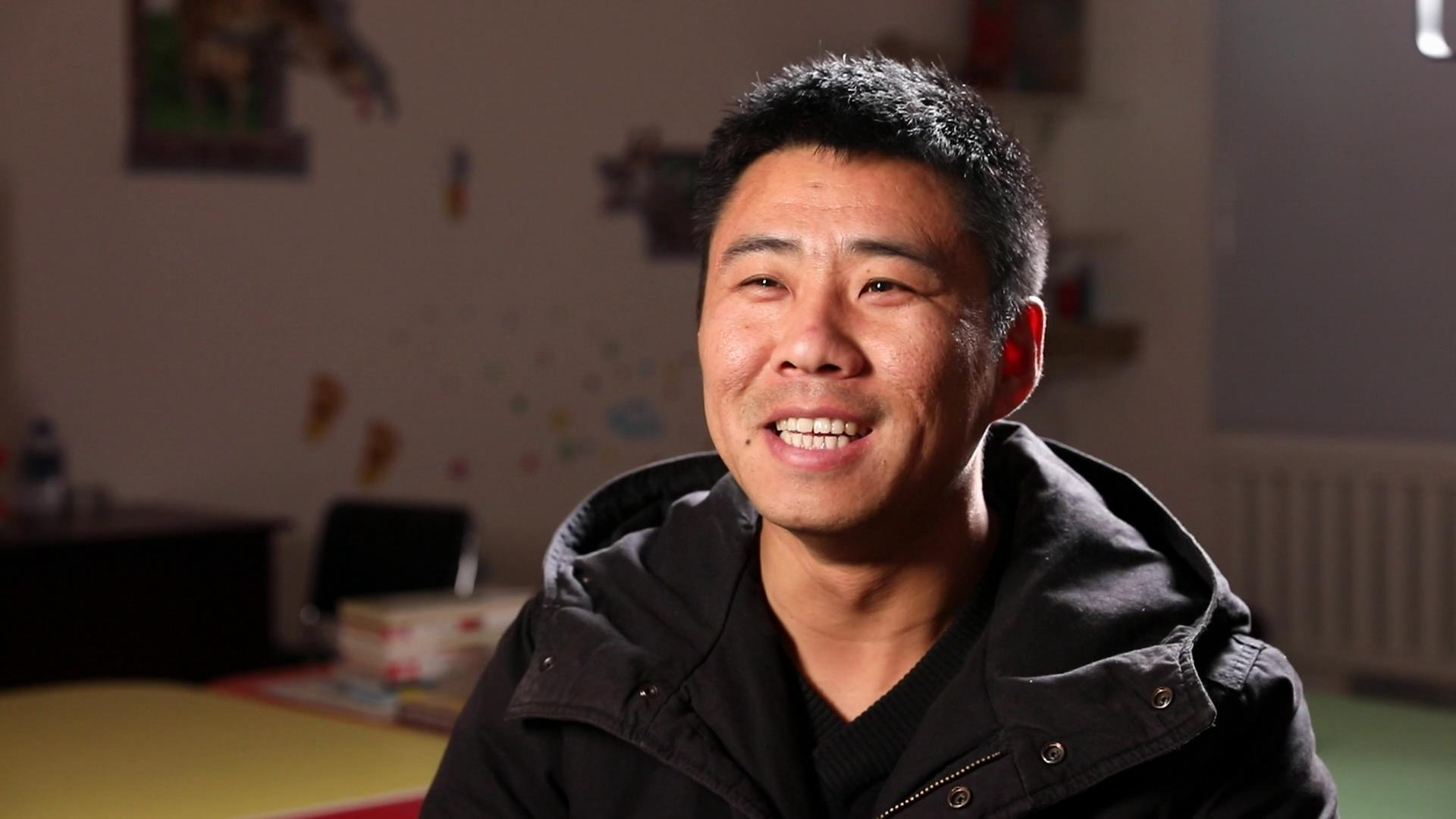
Wang Zhonglei; /By CGTN
Wang Zhonglei; /By CGTN
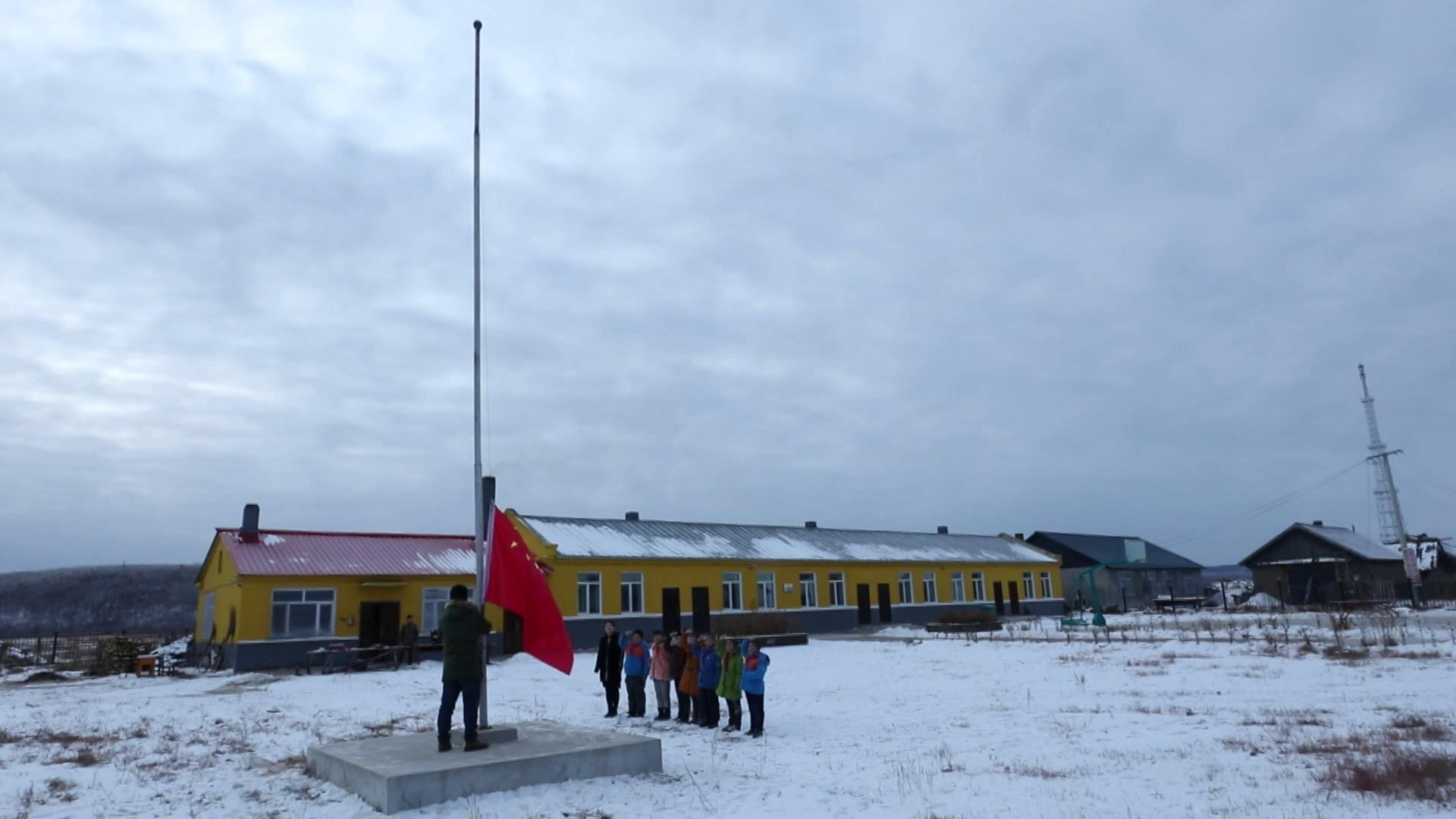
CGTN Photo
CGTN Photo
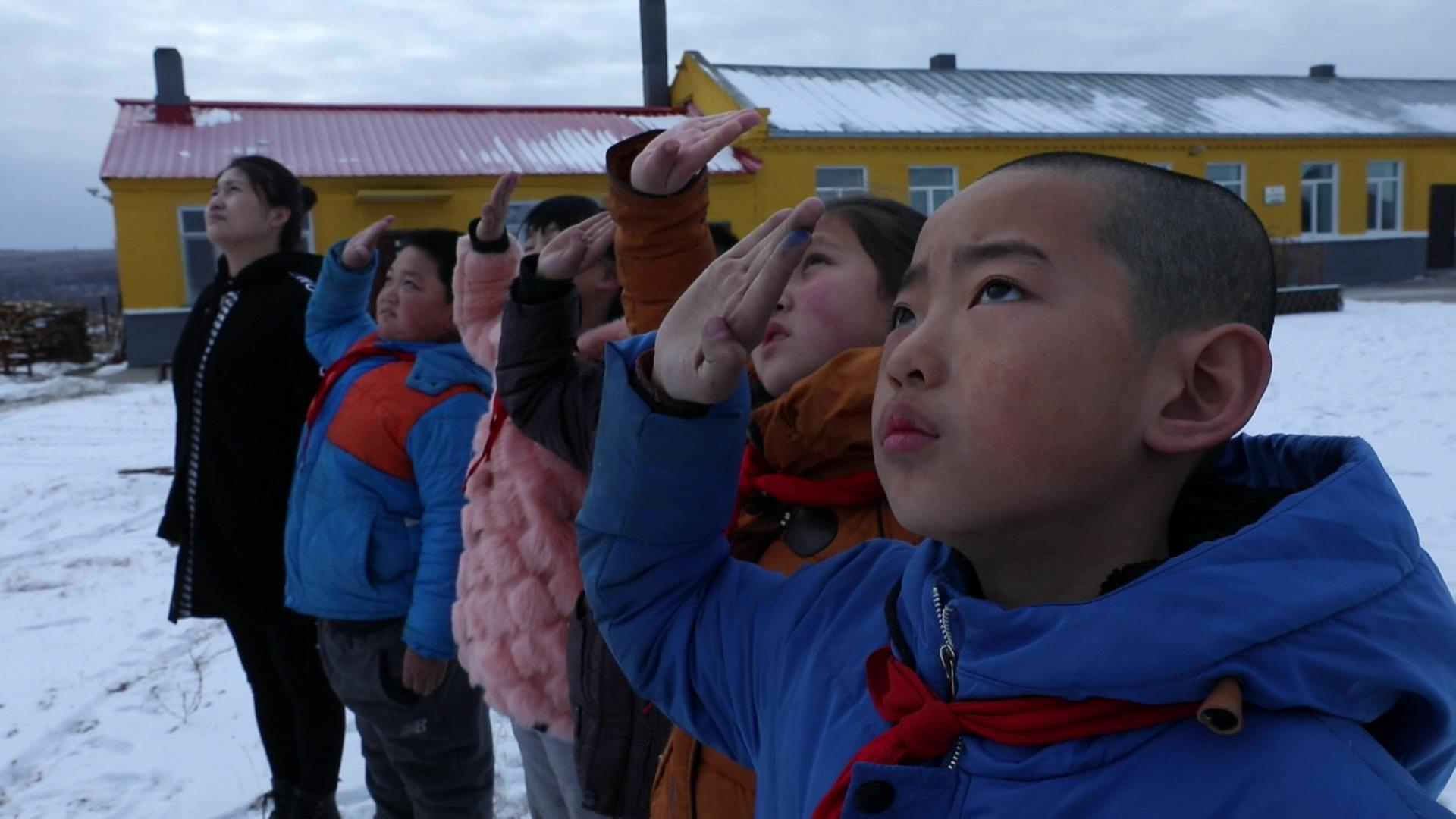
CGTN Photo
CGTN Photo
Eventually Wang found things were entirely different from what he had imagined. "The walls inside the rooms were mended with used newspapers and plastic cloth, unsuitable for living in. There was no power, nor cell phone signal. It was nowhere," he said. At the age of 23, Wang felt lost and "cheated".
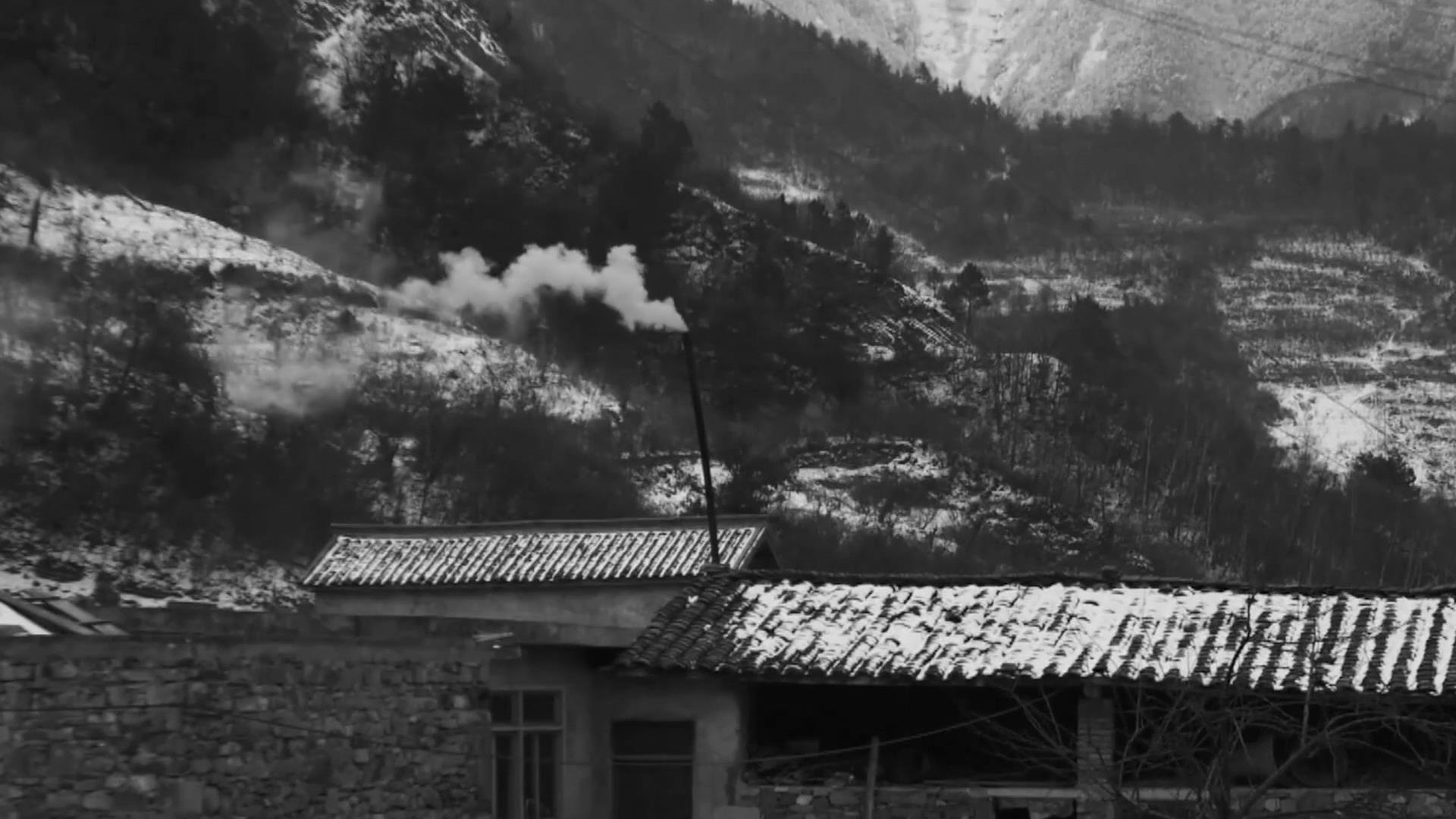
CGTN Photo
CGTN Photo

CGTN Photo
CGTN Photo
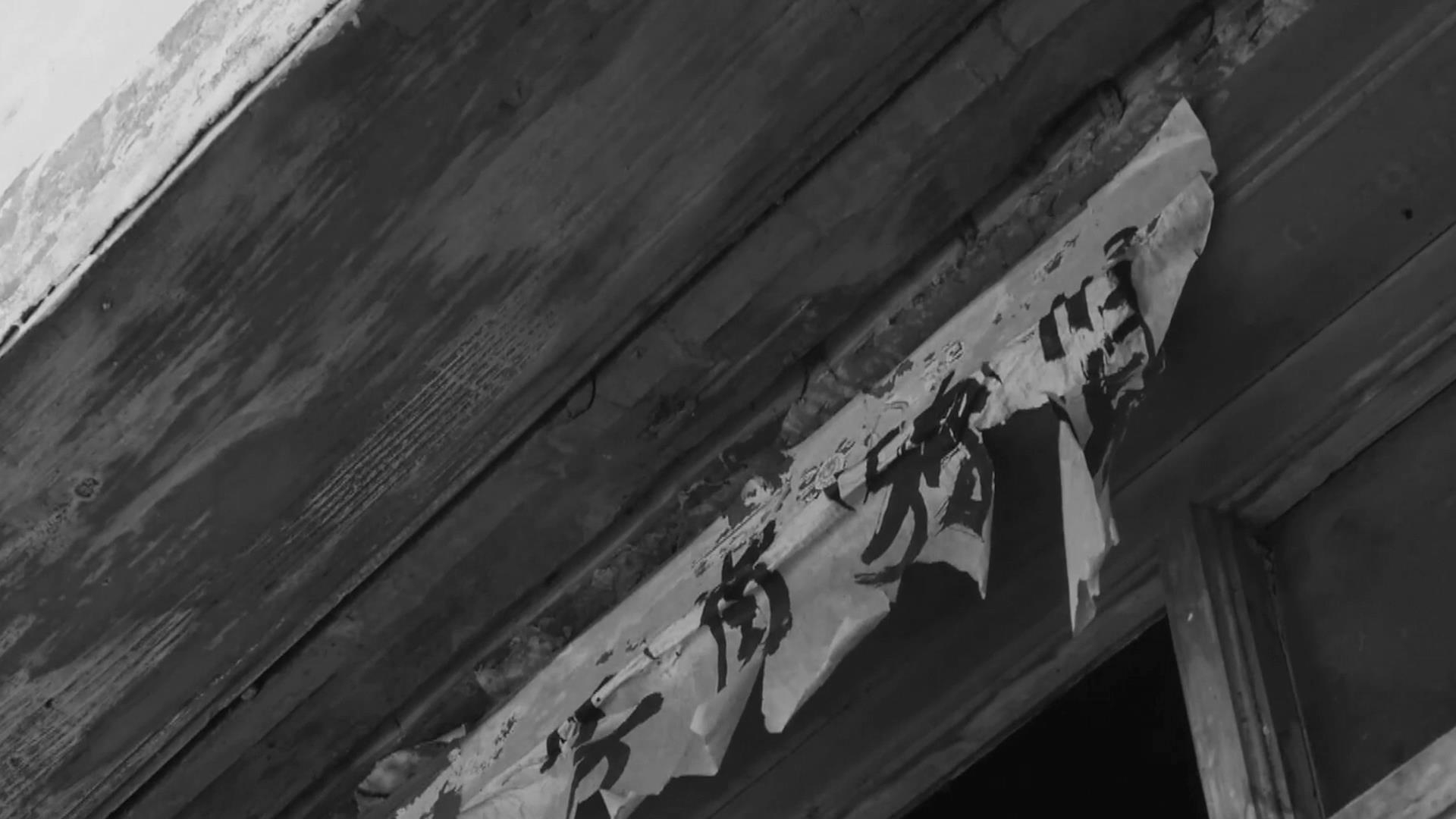
CGTN Photo
CGTN Photo
Wang's girlfriend Yu Jing was from the same university. When she had a chance to teach in the southernmost Hainan Province, Wang thought about going with her, "as soon as everything was on track". But he ended up teaching in Beihong for 9 years.
In 2013, Yu quit her job and joined Wang in Beihong school. Despite of the poor conditions, they feel a strong sense of mission when faced with the wishful eyes of the pupils. They're determined to help these kids leave their tiny village and shake off poverty.

Wang Zhonglei's girlfriend Yu Jing;/By CGTN
Wang Zhonglei's girlfriend Yu Jing;/By CGTN
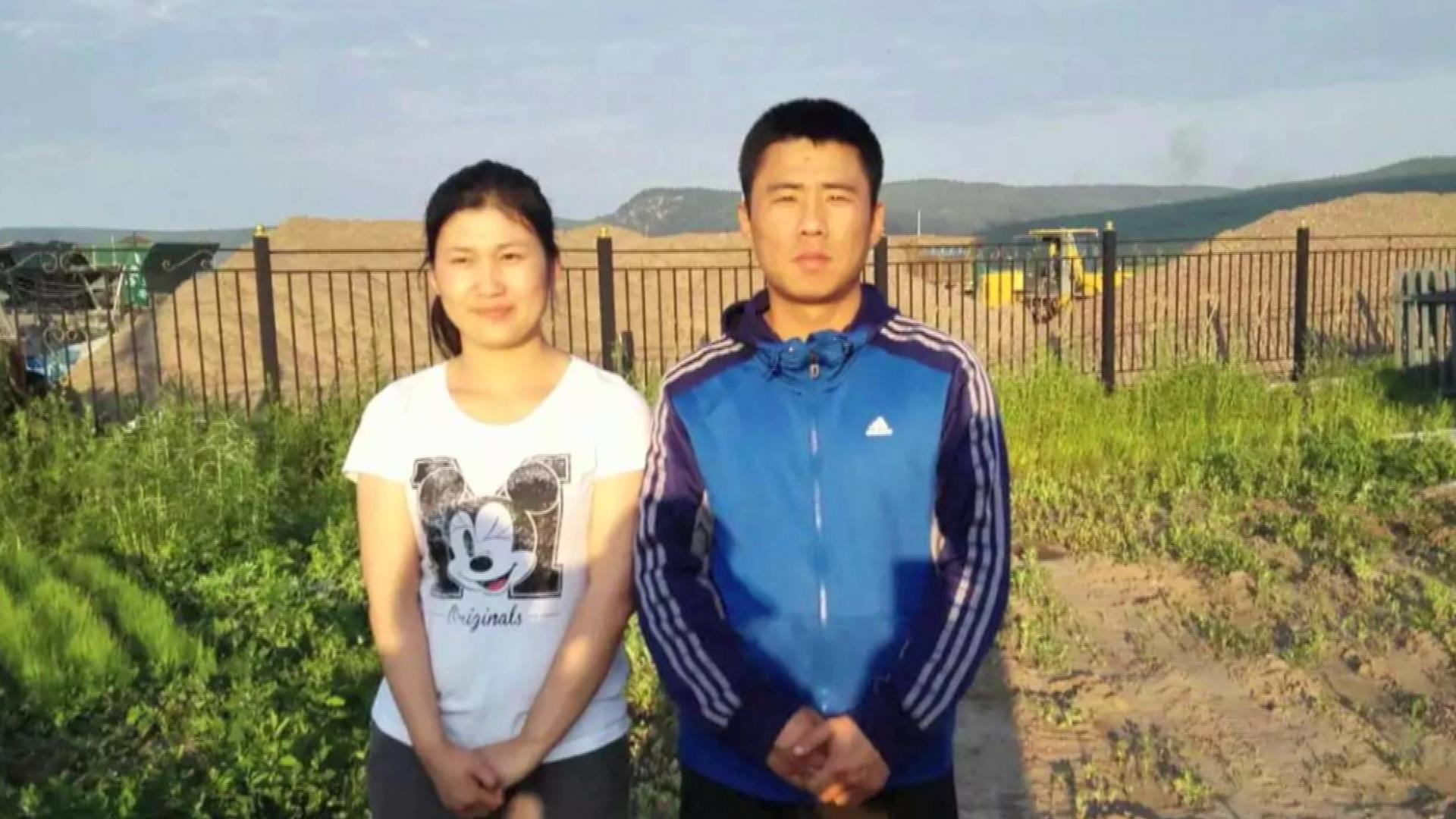
Wang Zhonglei and Yu Jing; /By CGTN
Wang Zhonglei and Yu Jing; /By CGTN
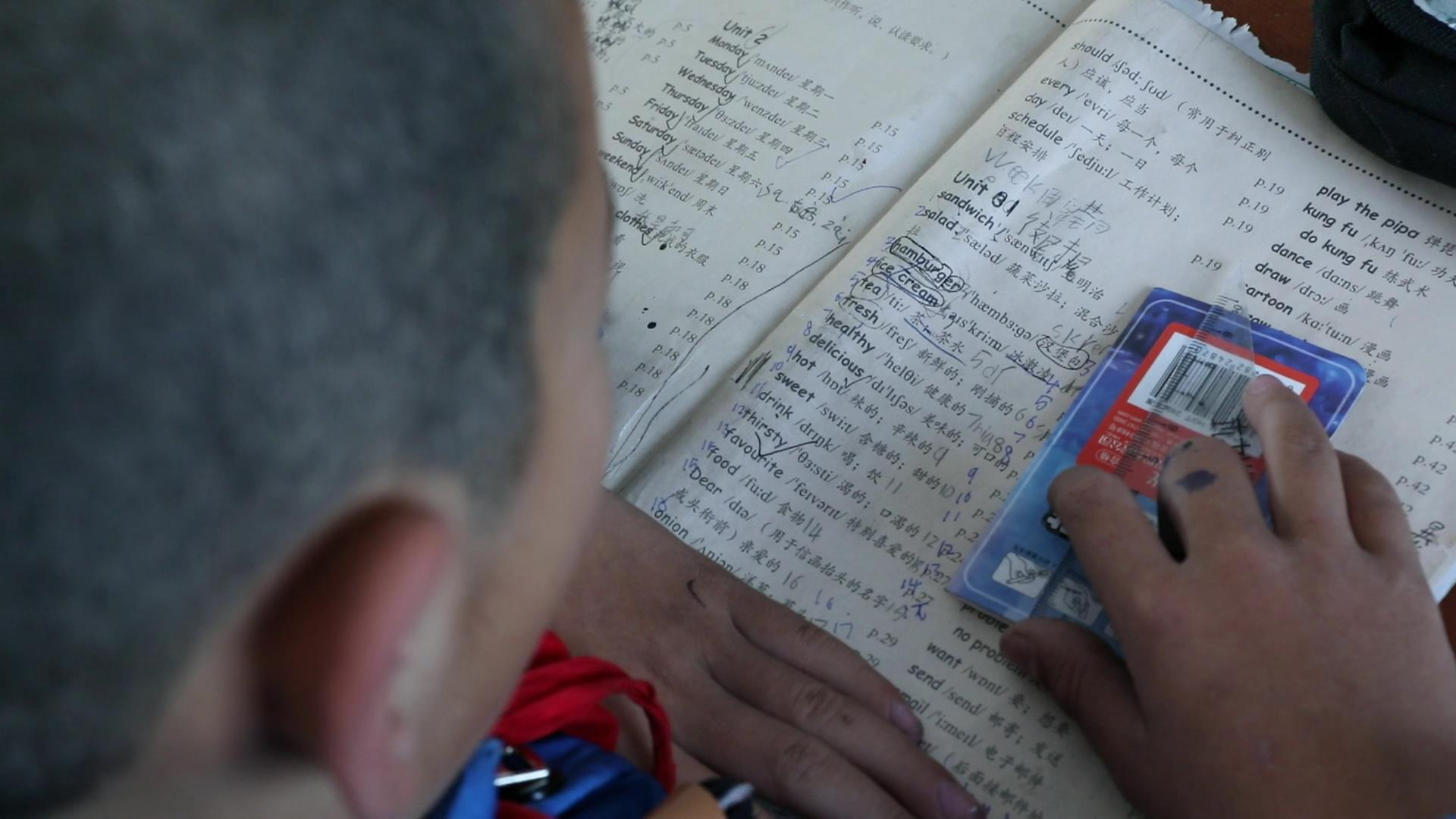
CGTN Photo
CGTN Photo
The area around Mohe has a frigid climate. The temperature could drop down to minus 50 degrees at the coldest time of the year and the kids couldn't even write inside the room because their hands were so numb from the cold. In the first days, Wang had to learn to chop wood and make a fire all by himself.
On the last day of the 2011 winter vacation, Wang went to Mohe county to get the pupils' study materials. It began to snow on the way back. Due to safety concerns, the driver had to drop Wang 20km from the school and return later. Rather than leave the kids with no textbooks, Wang decided to go back on foot. He nearly got lost in the mountains after trudging for three hours in the snow. Fortunately, he was found and escorted back to the village by an old forest ranger. He went home to find that the boots wouldn't come off as the snow had frozen on his feet.
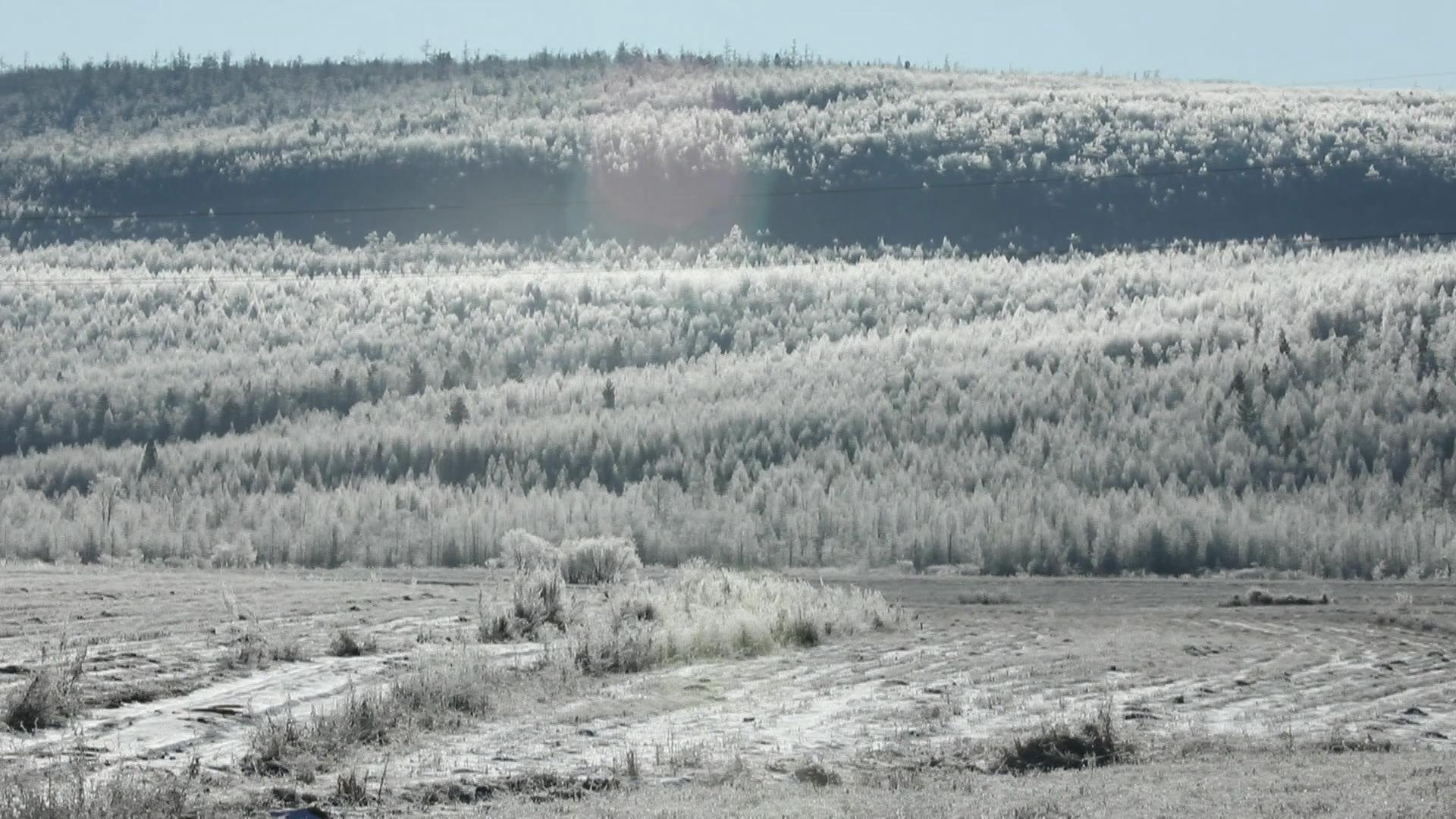
CGTN Photo
CGTN Photo
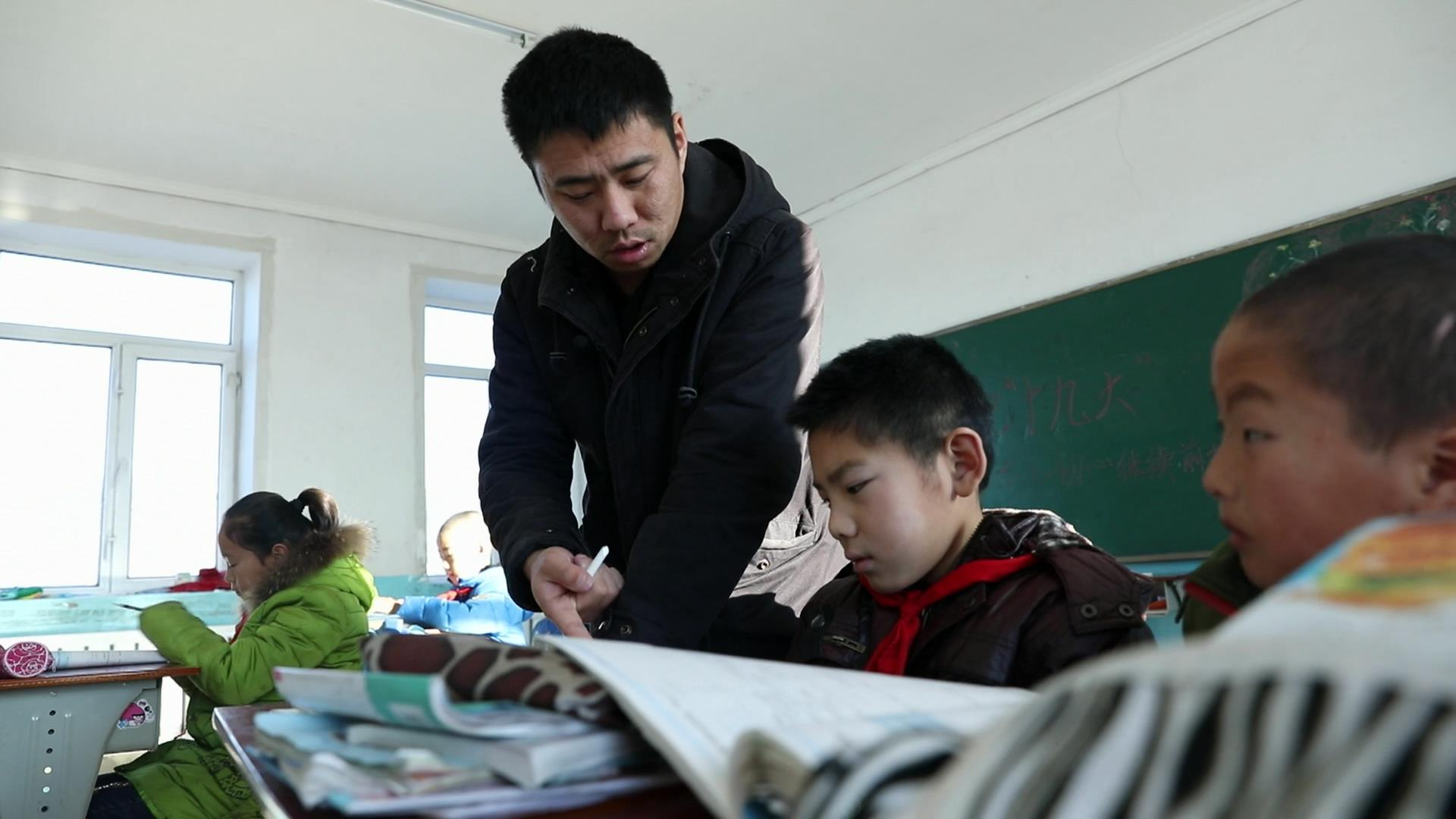
CGTN Photo
CGTN Photo
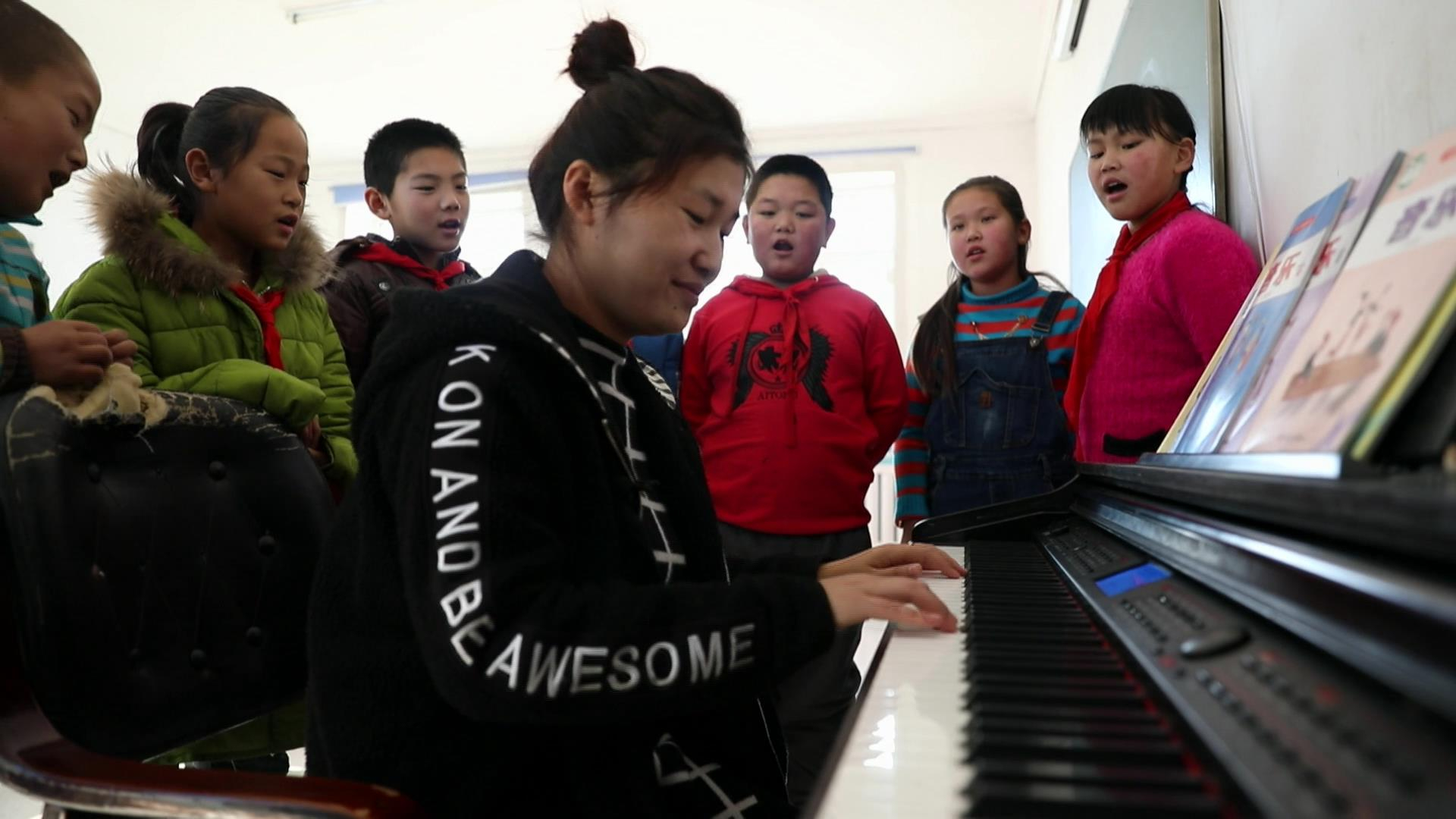
CGTN Photo
CGTN Photo
In the same winter, Wang nearly got poisoned due his coal heater burning incorrectly. Before he lost consciousness, he crawled to the door and pushed it open. Lying on the cold ground for hours, he got frostbite on his feet.
Wang always cares for his pupils, and he's often invited to the villagers' houses. "I've had dinners in every household here," says Wang. During the vacations, his pupils would call and ask: "Mr. Wang, will you come back next semester?"
"It's very subtle, but the longer you stay with these kids, the harder it is to leave. If I left them, I'd be afraid that no one else would be willing to come here, and this school could be closed. These children are too young to look after themselves. I'd feel sorry if they had to go to a school faraway."
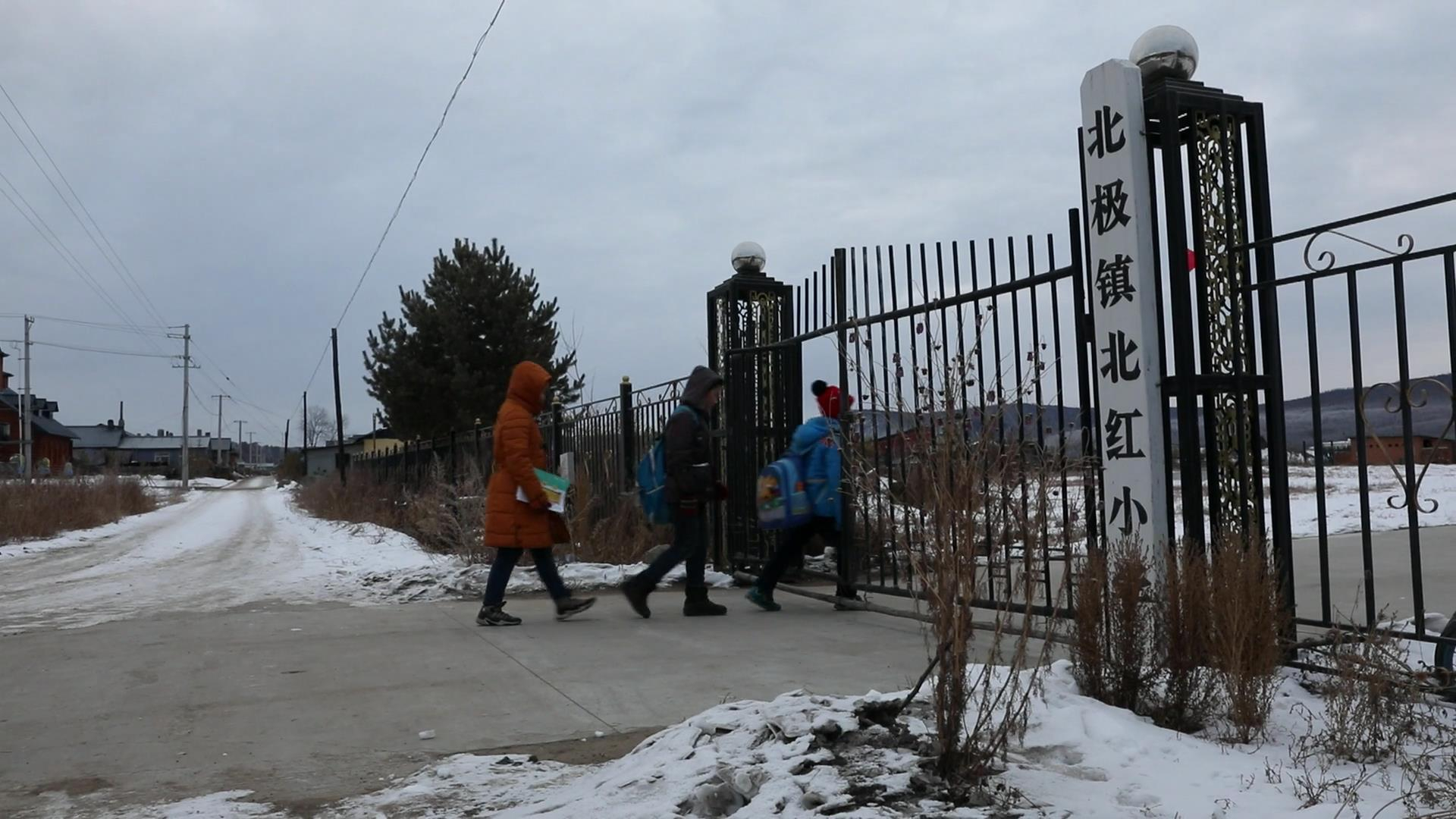
CGTN Photo
CGTN Photo
After a long and fierce inner struggle, he made the decision to stay in the northernmost mountains of his motherland, and to keep these children accompanied. He and Yu eventually started their own family there and began to live like the locals.
As Wang says, being a teacher is ordinary and noble. It's a mission to shape souls. He feels lucky to standing on the podium. And he hopes his teaching career can be long and fruitful.

The story is one in The 1.3 Billion series exploring the diverse lives that make up China.
The story is one in The 1.3 Billion series exploring the diverse lives that make up China.

SITEMAP
Copyright © 2018 CGTN. Beijing ICP prepared NO.16065310-3
Copyright © 2018 CGTN. Beijing ICP prepared NO.16065310-3